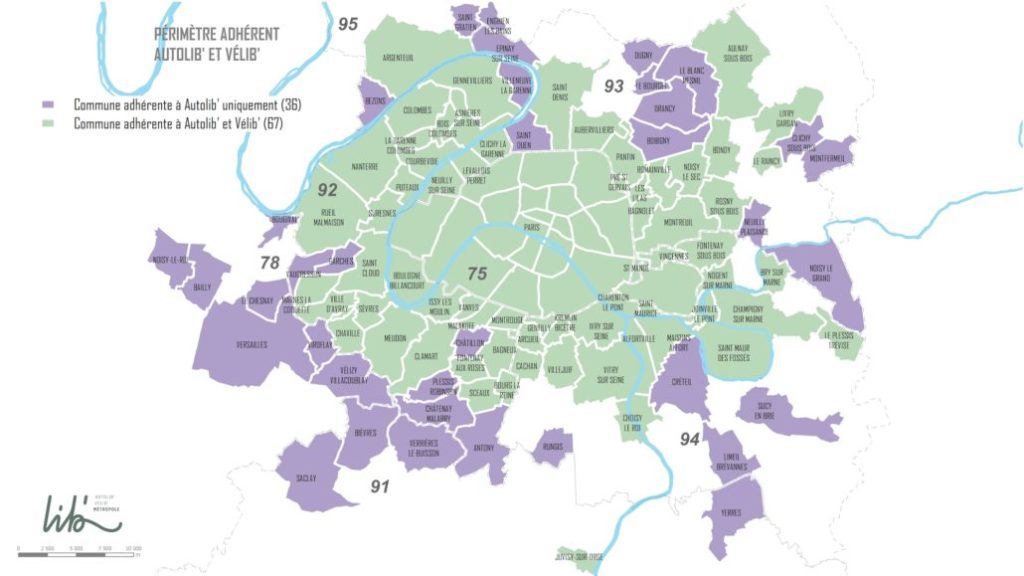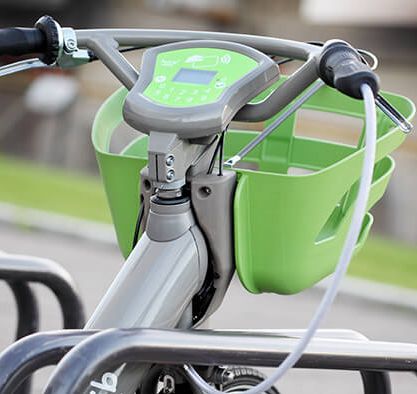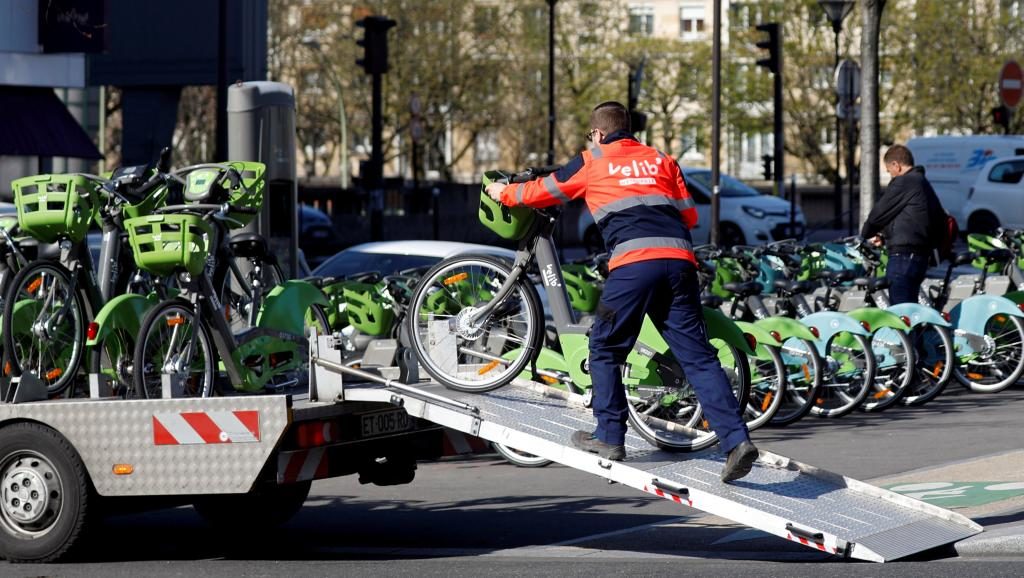Cities
Learning lessons from Vélib’ Métropole difficulties
30 April, 2019
After ten years of operation in Paris and its surrounding suburbs, Vélib Métropole replaced Vélib’ as the city’s new, self-service bike-share system on January 1st, 2018. The system and operator transition that comes with this new system, however, has been very complicated. The switch from JCDecaux to the new service provider, Smovengo, should have been completed by March 2018 but it will only be realised in June 2019. The different failures that led to this messy situation has driven the Paris City Council to order an audit by the General Inspectorate to learn lessons from this experience.
A late planning
As Vélib’ Métropole was one of the largest public bike-share systems outside of China with 14 000 bikes and 1000 stations, the tender process was quite particular. Officials began reflecting about the needs that the new service should address in September 2014, two and a half years before the end of the JCDecaux contract (February 2017). But with major infrastructure changes taking place in Paris as well as the surrounding region that increased the need for e-bikes – the audit confirms that these reflections came too late:
“The period is already too short to renew a service in operation for ten years. It was unlikely to keep the same level of performance with a previously unseen system.”
(Partially) aware that it was running out of time, the City Council signed a contract extension with JCDecaux to operate the service until December 31st, 2017.
A lot of organisational fences
With the geographical expansion of the Vélib’ service came a juridical question: what structure will support the service management? The year 2015 was almost entirely dedicated to the definition of this structure and it was finally decided that it was to be a mixed association called the Syndicat Mixte Autolib’ Vélib’ Métropole, or SMAVM, which would include every local city council within it. With around 65 cities concerned, and a service yet to be defined technically and financially, it was no small business…

Although the project management was still in the hands of Paris City Council during this system definition stage the new Vélib project was still six months behind. By July 2015, the project had gone even further off track and was now one year behind schedule! This is largely due to the complexity of the project organization. With a project team, a project committee, and several technical departments involved within the Paris City Council and working together with the newly created SMAVM – who was responsible for what was no longer clear which directly affected the decision-making efficiency.
The JCDecaux contract was a public service delegation contract, meaning a local authority, in this case the Paris City Council, entrusts the provision of a public service to an outside enterprise. For the renewal with Smovengo, they were not only awarded the provision aspect, but also the total planning and monitoring of the project. This is an important change and the City Council identified the public service delegation as an obstacle since it kept the city in the fog about technical and operational difficulties faced by the operator (little feedback reached Paris’ City Council Departments.
Don’t forget about technology.
The audit report reiterates several times that the project focused mostly on securing the financial and juridical aspects over a two-year period. The technical aspects had been ignored, even though the need for a better bike securisation and the introduction of e-bikes were known as major challenges.
” The Committee reports do not allow to understand how the technical choices are made. For example, the decision to electrify all stations, or to systematically use road works are not justified. It appears as evidences that nobody challenges.”
One of the main technical difficulties of the Vélib’ Métropole project was that it was the first of its kind. Nowhere else has there ever existed a mixed station-based solution of this size. It was therefore impossible to make decisions based on other projects feedback and experiences.

With the rise of the dockless bike-share solutions in 2016, however, the project team considered the option. It was evaluated and ultimately discouraged by a study from the Atelier Parisien d’Urbanisme (APUR).
“As the system would be metropolitan, a dock-based system would allow better equity, better bike quality, and distribution.”
A regular tender process
The tender evaluation was based on 3 criteria:
- Price – 40%
- Operation, maintenance, communication, and monitoring – 35%
- Design, supply, and installation – 25%
Even though these weighted figures conform with the legal specifications, the price criteria had been crucial for the win. The big gap in favor of Smovengo (10/10 vs 7.808/10) couldn’t be closed by JCDecaux, even with better operational and technical marks. But interestingly, even without weighting the marks, the offers classification would have remained the same.

A spared operator
The audit report is quite soft on Smovengo. However, this was expected as the goal is for Paris City Council to avoid making the same mistakes in the future and not to punish Smovengo for past issues.
The report does confirm that Smovengo’s offer was the most promising on the technical side at the time of the tender process, with a much lower price tag thanks to a strategy which would allow for the installation of the new stations to take place during nighttime.

The main blame on Smovengo is for its lack of transparency in its communication. While it was accumulating delays, mainly due to the road and electric works planning, the operator publicly announced it only on December 18th, 2017, two weeks before the official launch. It was too late for SMAVM to react and catch up with the schedule by working directly with Enedis, the company in charge of electric works in France.
” If the members of the consortium are skillful in their own fields, they have not been able to deliver what they committed to by winning a huge contract.”
Today, Vélib’ Métropole is a working service with 1260 active stations and 13 000 bikes (but still missing 200 stations and 7 000 bikes). 2018 saw half of all Vélib’ subscribers leaving the platform (from 300 000 to 163 000), and with a top day at 78 000 rides, we are still far away from the average 100 000 daily rides of the JCDecaux era. Let’s hope that the continuous improvement in technology and operations will bring light back to Vélib’.